The wooden planks of the empty boats creaked with each sloshing wave. The sun blazed high above casting splinters of light upon the water making Simon and Andrew squint as they looked out on the sea that had been anything but generous the night before. After a whole night of work, their nets were left empty and minds troubled. Their hands, calloused from heaving the swollen nets from the ocean, displayed their lot in life. They were fishermen, nothing more. Their minds hadn’t been sharp enough to continue studying the Torah as young boys, so now they had their trade. But it was enough, right? There was food enough to eat and still some to trade for their needs. Still, the man walking along the shore-side teaching the crowd of people was intently staring directly at them.
His face was nothing remarkable to look at, but when he spoke, the authority in his voice could not be questioned. “Come, follow me,” he rang out, “and I will make you fishers of men.”
At that moment, there was a stirring, a churning in the souls of Simon Peter and his brother, Andrew. Perhaps it had begun long ago, before they ever laid eyes on this man. Nevertheless, the call was unrelenting in nature; it would not be quieted by human logic that could, at times, weigh as heavily as the sea-soaked nets in their hands.
With an understanding nod towards one another, the two brothers dropped the nets that had been their life and waded out in the shallows of the Sea of Galilee to follow Him. They had been called, but what had He called them to?
Why did He call fishermen let alone the tax collectors and sinners to make up His inner circle, the twelve disciples? Simon Peter and Andrew truly had nothing to offer our Messiah, but He called them anyway. Christ boldly rebuked Peter calling him Satan, and yet Peter was the tool, the rock of the early church.
The church, the body of Christ, started out as people who shamefully resembled the rest of the human race with their many mistakes, countless faults, and sin that shown as black as anyone else’s. Yet, Christ, through the work of the Holy Spirit, entered their lives and began transforming the growing body of believers. Yet, many of the books of the Bible like Corinthians were written to congregations to admonish them for often times horrific behavior. The early church was infantile in nature, but God was refining His body of believers, rebuking the guilty, teaching the ignorant, and ultimately bonding them together with His love.
I find it amusing, yet saddening when people of our day and time say that Christians are a bunch of hypocrites, so they will NEVER go to church. The truth is that we are hypocritical at times because we are still learning too. I promise you that if you stick around any body of believers for long enough, you are going to find something wrong with it. The point is that, as a church, we are learning how to follow Jesus. Through disagreements and heartache we discover unconditional love. Christ’s own disciples did not have it all together, so what makes us think we do? Lakeside is an imperfect body of believers with calloused hands as well. Consider this a warning: If you stick around any Christian church long enough, eventually, someone or something will go wrong, but if you stick around even longer, you will then get to witness how Christ’s forgiveness heals and changes people’s hearts. That is something worth understanding.
I say all of this in hopes that during those times of disagreement we will stick together and embrace forgiveness. Dwell on that the rest of this week. Is there something that has been left unsaid because of bitterness or resentment? Is there anything that might get in the way of God moving forward with our church? As always, remember the cross and remember the cost of your own sin. Simon Peter and Andrew were called by Christ to be His disciples, yes, but that also entailed them being called to forgive as He forgave them.
